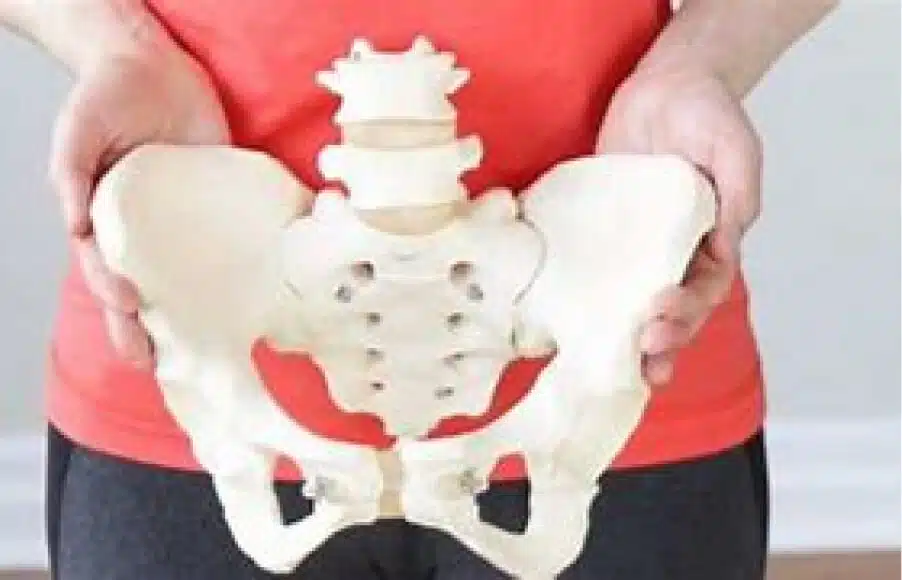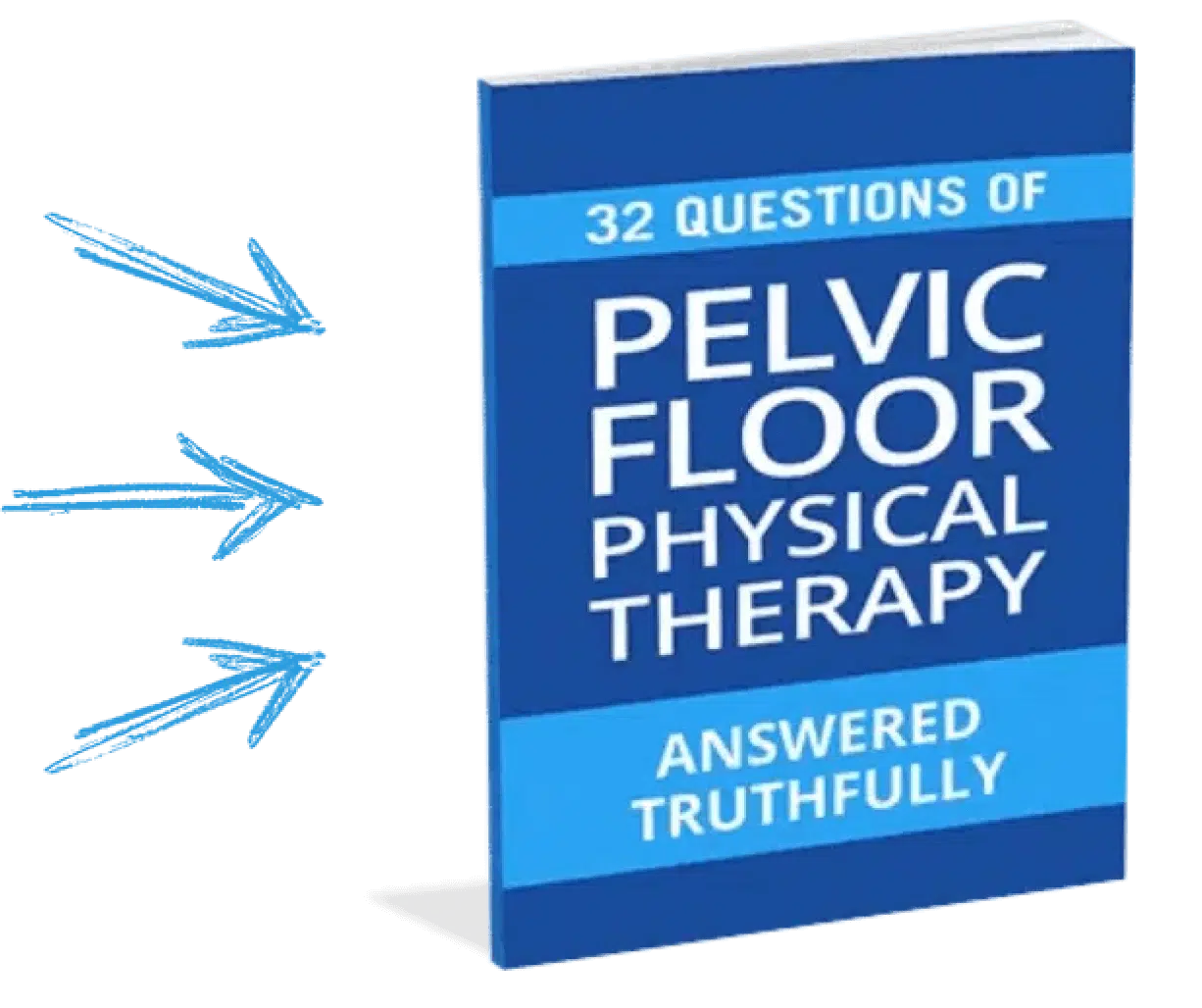What is Pelvic Floor Therapy & the Pelvic Floor?
Pelvic Floor Therapy is a specialized form of physical therapy that focuses on the rehabilitation of the pelvic floor muscles. These muscles support the pelvic organs, including the bladder, intestines, and for women, the uterus. When these muscles are weakened, too tight, or there is an impairment in the connective tissues, it can lead to a range of symptoms and conditions that affect a person’s quality of life.
- Specialized physical therapy focusing on rehabilitation of pelvic floor muscles.
- Targets support for pelvic organs, including bladder, intestines, and uterus.
- Addresses symptoms from weakened, tight, or impaired pelvic floor muscles.
- Aims to improve quality of life through non-invasive therapeutic interventions.
Read More

What are the Signs & Symptoms That You May Need Pelvic Floor Therapy?
Recognizing the signs and symptoms of pelvic floor dysfunction is the first step towards seeking the right treatment. Pelvic floor disorders can affect anyone, regardless of age or gender, and can significantly impact your quality of life. Here are key indicators that you might benefit from consulting a pelvic floor therapist:
- Urinary Issues: Experiencing frequent urges to urinate, leakage when coughing, sneezing, laughing, or during physical activity, and difficulty starting urination or fully emptying the bladder.
- Bowel Dysfunction: Facing constipation, straining during bowel movements, or leakage of stool.
- Pelvic Pain: Persistent pain in the lower back, pelvic region, genitals, or rectum. Pain during or after intercourse is also a common symptom for women.
- Pressure Sensations: Feeling a bulge or pressure in the pelvic region, often described as feeling like sitting on a ball. This could indicate a pelvic organ prolapse.
- Sexual Dysfunction: Experiencing pain during intercourse, difficulty achieving orgasm, or reduced sensation.
- Core Weakness: Noticeable lack of strength in the core muscles, leading to instability, poor posture, and balance issues.
- Postpartum Recovery: Women who have recently given birth may experience a range of pelvic floor issues, including incontinence, pain, or a feeling of looseness in the pelvic area.
If you’re experiencing one or more of these symptoms, it’s important to consult with a pelvic floor therapist. Early intervention can prevent symptoms from worsening and improve your overall pelvic health and well-being. Our team of experienced therapists is dedicated to providing personalized, compassionate care to help you restore function and regain confidence in your daily activities.























